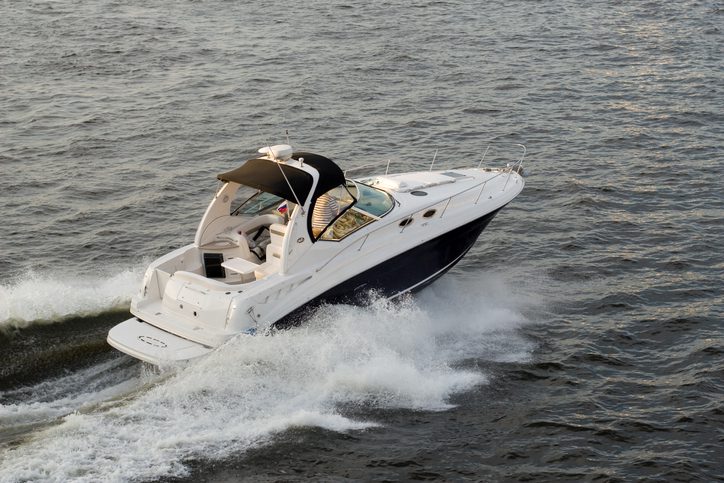National Safe Boating Week

National Safe Boating Week
With over 5,000 boating accidents in the USA per year and weather warming up, it’s time once again to learn about safe boating practices. National Safe Boating Week is May 21-27, brought to you by the National Safe Boating Council and the NOAA. There are plenty of online resources to learn more about staying safe on and around boats, but here are some good tips to keep in mind.
Boat Safety Tips
- Know the local boating laws: Anyone driving the boat must be familiar with the local boating laws and may require a license. A violation of these laws can result in fees, fines, and even imprisonment.
- Wear a life jacket: 86% of drowning victims were not wearing a life vest making the life jacket one of the most critical safety items on the boat. Ensure you and everyone on board, especially children, have them on when riding the boat.
- Ensure the life jacket fits: A life jacket won’t do much good if it doesn’t form properly. One that is too big will make floating harder, and one that is too small could cause discomfort. Have everyone onboard try them on to find a life jacket that fits properly.
- Understand the boat’s capacity: Do not exceed the listed capacity for your boat. If you have too many people on it at once, you risk the boat capsizing or tipping over.
- Take a boating safety course: An education course in safety will provide valuable information you can take into any boating opportunity.
- Look at the weather: Before you head out on your big adventure, check the weather. It’s dangerous to set sail in poor conditions. If the weather looks questionable, reschedule for another day.
- File a float plan: A float plan should contain information about the boat, the trip, the people on board, communication equipment, towing items, and emergency contacts. Provide this information to someone you trust before you set sail.
- Wear the right clothes: Different weather calls for different clothing. If it’s going to be hot, you might be comfortable in a bathing suit and shirt. If it’s a chilly day, opt for clothes that will keep you comfortable as you sail. Protect yourself from the weather.
- Check your boat: Before you set sail, check the boat for any prior damage that may have occurred. You don’t want to take out a severely damaged boat.
- Don’t drink: Alcohol is the leading contributing factor in boating accidents. Never operate a boat if you are impaired. You are putting yourself, your passengers, and other boaters at risk.
- Beware of carbon monoxide poisoning: Gasoline-powered engines produce carbon monoxide. Never block exhaust outlets or stand too close to the exhaust, as carbon monoxide poisoning can happen quickly and silently. While not always, it can be signified by a headache.
- Maintain communication: Always have a way to communicate with the mainland. Have at least two forms of communication, such as CB radio and cellular service, on your boat and ensure you know how to use them.
Contact Wilson Reeder & Zudar Law
If you or a loved one have been injured in a boating accident, you can count on the experienced personal injury lawyers Wilson Reeder & Zudar Law to help you understand your legal right to fair compensation for your injuries. Wilson Reeder & Zudar Law will fight aggressively and passionately to help ensure the best results for you and your family. Call us today or contact us online to schedule your free consultation.
